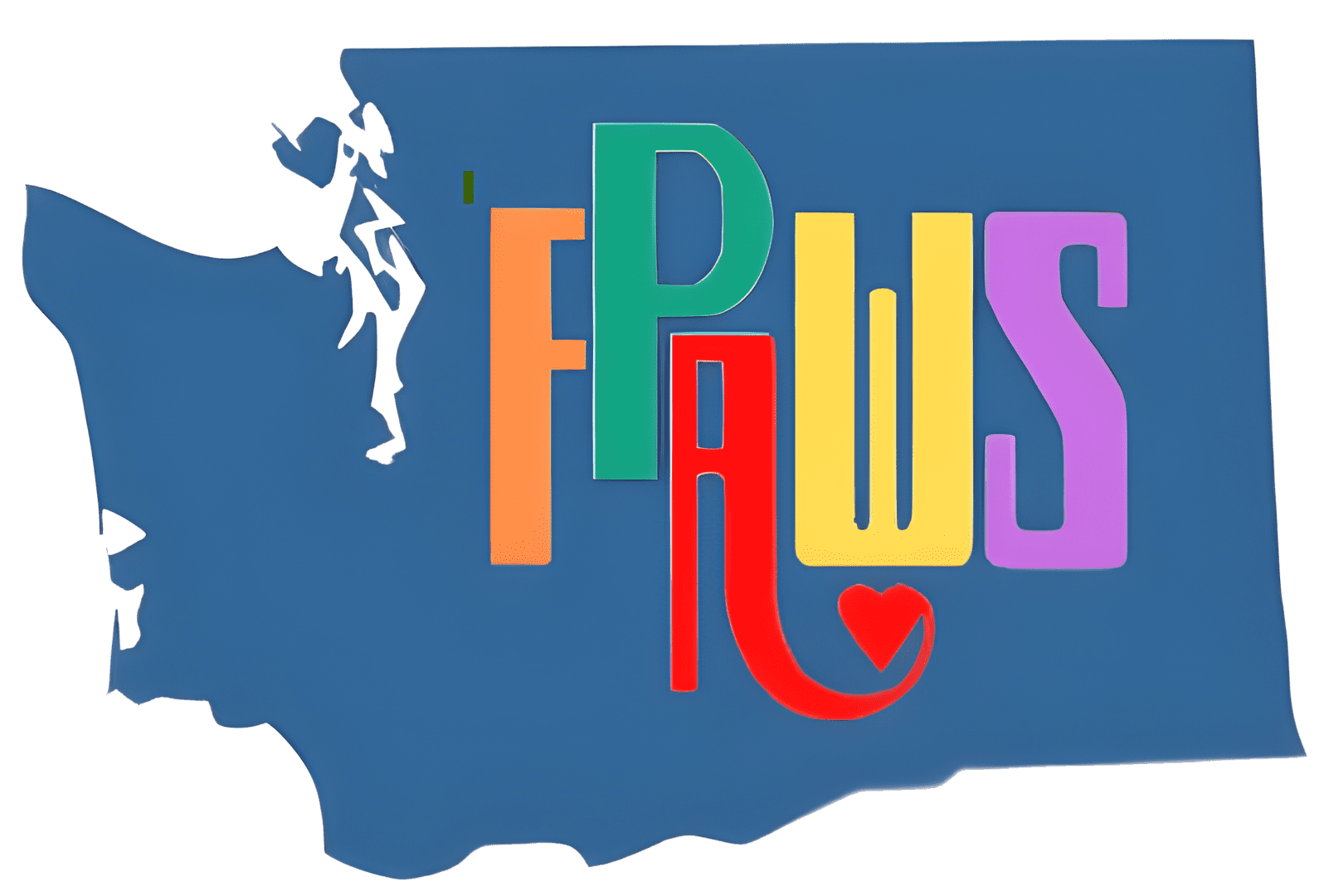November 13, 2015 [note: as of January 2021 these links appear to be dead]
Get Help Early: Washington State’s Early Psychosis Initiative For Information on Early Psychosis Warning Signs and Symptoms please visit: www.dshs.wa.gov/GetHelpEarly Anyone can develop psychosis. It affects 3 in 100 people, and usually occurs for the first time between the ages of 15 and 30. Psychosis is common and treatable. Don’t wait, learn more, and Get Help Early. The Get Help Early Website was developed for a wide audience whose lives may be affected by psychosis, and includes important information and resources. The information addresses the following major goals: increase awareness of schizophrenia and psychosis, reduce stigma, encourage people to get the facts about the illness, and increase early identification and referrals for young people experiencing a first episode of psychosis. We all play a critical role in early intervention and ensuring appropriate treatment is initiated as quickly as possible. Achieving early intervention requires increasing community understanding of early signs and decreasing the stigma which can sometimes delay people from seeking help. It also requires improving skills and knowledge among community members and health professionals positioned to detect and treat these disorders. Accordingly, Washington State’s Early Psychosis Initiative aims to facilitate earlier identification and treatment of psychotic disorders by increasing community awareness through education. We invite you to learn more. We invite you to visit the Get Help Early Website and access valuable tools and resources available to view and download, including:
- A Fact Sheet about Early Psychosis.
- A Booklet that provides an overview of psychosis including early detection, signs and symptoms, the different types of psychosis, causes of psychosis, appropriate treatments, complications, course and outcome and prevention of further episodes.
- A poster, card, and brochure identifying the early signs of psychosis, which we encourage you to post in your office, community center, school, or any other suitable place you know where it will help inform people about psychosis.
- An informational Get Help Early Video.
- Video links and resources.
In 2014, Congress appropriated additional funds to the Substance and Mental Health Services Administration (SAMHSA) to address the needs of individuals experiencing early serious mental illness. SAMHSA directed states to use a 5% set aside from their Mental Health Block Grant (MHBG) to serve Transition Age Youth (ages 15-25) experiencing early psychosis. This funding has provided the opportunity for the Washington State Department of Social and Health Services (DSHS), Division of Behavioral Health and Recovery (DBHR) to launch an Early Psychosis Initiative to enhance the recognition of early signs and symptoms of psychosis so that effective treatment can be started promptly. For more information on how these resources can benefit you, or someone you know, please contact:
Haley Lowe, MA Behavioral Health Program Administrator Children and Youth Behavioral Health Unit Division of Behavioral Health and Recovery WA Department of Social and Health Services Desk: 360-725-3528 Mobile: 360-280-8612 Fax: 360-725-2280 [email protected]
There is Help
If someone you know is experiencing from symptoms of psychosis, you can get help. Research shows that the longer psychosis goes untreated, the harder it is to control. Talk to your doctor. You can also call the Washington Recovery Helpline at 1-866-789-1511 or the Regional Support Network in your county.
Printable information as a business card: https://www.dshs.wa.gov/sites/default/files/publications/documents/22-1631.pdf

